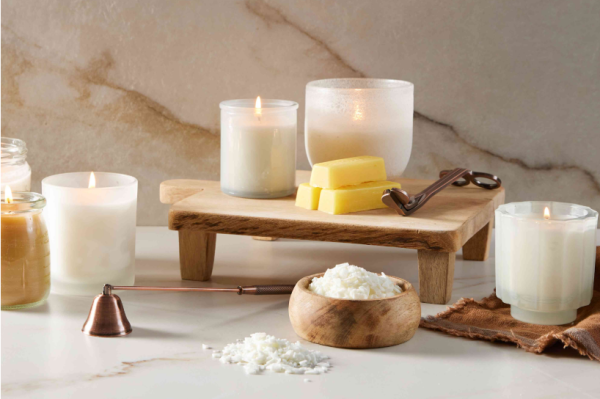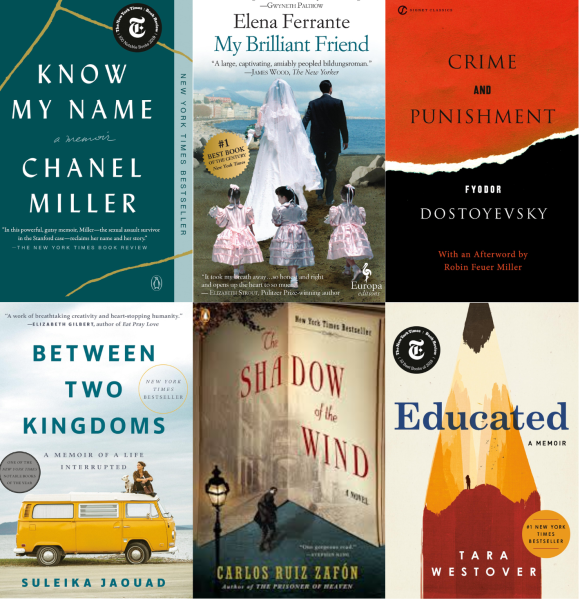Winter Holidays at South Lakes High
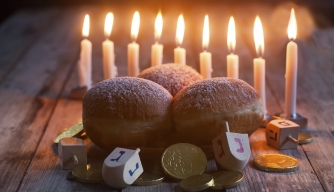
Image courtesy of istockphoto.com
Hanukkah (Chanukah)

What It Is: Also known as “The Festival of Lights,” Chanukah is an eight-day holiday in remembrance of the Jews that were forced by Greeks to abandon their beliefs and traditions. The Jews opposed them by reclaiming the Holy Temple in Jerusalem and rededicating it to their God. With the last of their oil, they lit a menorah, which burnt for eight days instead of one. To celebrate this “miracle of oil,” people attend Synagogue, eat latkes and jelly donuts, play dreidel for gelt, exchange gifts, and light a menorah. Hanukkah takes place every year around Kislev on the Hebrew calendar (late November to early December).
Did You Know? The candles are placed in the menorah from right to left, which is how Jewish people read the Torah!
“Christianity is much more widespread than Judaism, and even if people consider it ‘Christmas time,’ Hanukkah is still at the forefront of my mind. When people bring it up, I just say, ‘You have your holiday, I have mine.’ I celebrate Hanukkah with family and have traditional foods like latkes.”
– Abigail Stiglitz (Freshman)
Kwanzaa
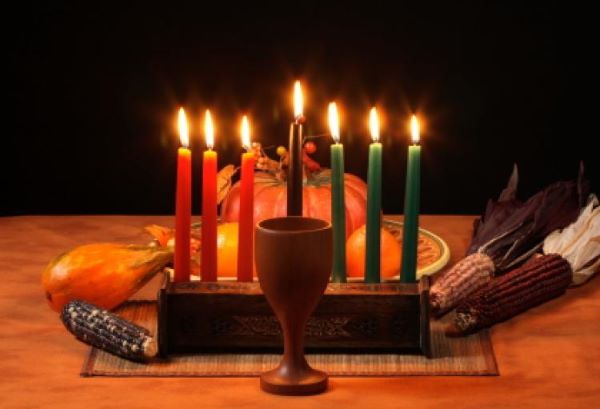
What It Is: Kwanzaa, which takes place from December 26th to January 1st, is an African celebration of family, community, culture based on the “Seven Principles:” Unity (Umoja), Self-Determination (Kujichagulia), Collective work and responsibility (Ujima), Collective economics (Ujamaa), Purpose (Nia), Creativity (Kuumba), and Faith (Imani). Everyone passes around and drinks from the kikombe cha umoja (unity cup filled with wine or juice. The oldest person honors their ancestors by reciting the tamshi la tambiko (libation statement) and pouring some juice or wine to the “four winds” before asking for a blessing. They have drumming, light a kinara, and exchange gifts.
Did You Know? The name Kwanzaa is from the phrase “matunda ya kwanza,” which is Swahili for “first fruits!”
Christmas
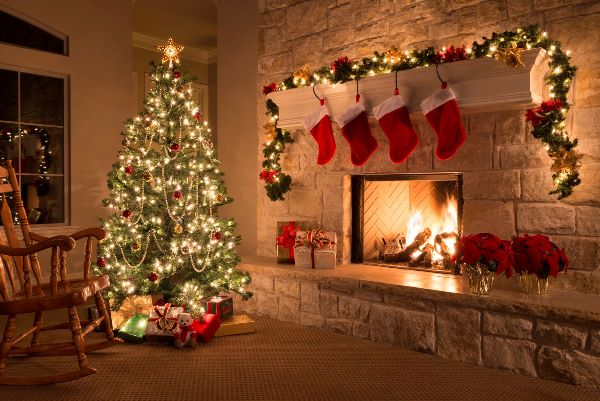
What It Is: Christmas is the Christian celebration of the birth of Jesus Christ, whom Christians believe to be the Son of God that came in human form, bringing salvation to all. They believe that through him, we may have eternal life and be reconciled with God. Christmas is the most heavily celebrated holiday in America (and second most-celebrated worldwide)! People attend church, spend time with loved ones, do things to help those in need, go caroling, decorate trees, and make Christmas cookies. On Christmas Eve (December 24th), children wait for Santa Claus to deliver gifts. Gifts are exchanged and opened under the Christmas tree on Christmas Day (December 25th).
Did you know? Santa Claus is based off of a real person! Saint Nicholas was a Christian man that embraced the Christmas Spirit by bringing gifts to poor children and their families during Christmas time, so they would have food to eat and clothes to wear.
Chinese New Year
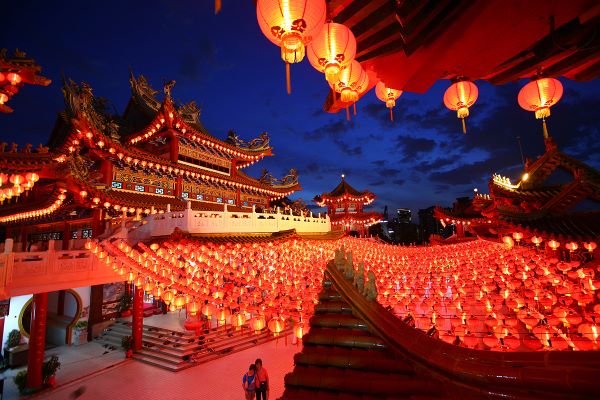
What It Is: Overtime, Chinese New Year, which takes place on February 16th, shifted from being a celebration to honor Buddhist deities and ancestors to celebration of a hard year’s work. This is a time for people to rest, be with family, and wish each other good fortune. There are many parades and festivals complete with firecrackers, lanterns, and people disguised as dragons. Since red is considered to be lucky, people decorate their towns and homes in red. The Chinese also give each other red envelopes that have money or other small gifts inside.
Did you know? According to the Chinese, the New Year began when an old man used firecrackers to chase away the Nian, a mythical beast that was terrorizing his village.
Japanese New Year
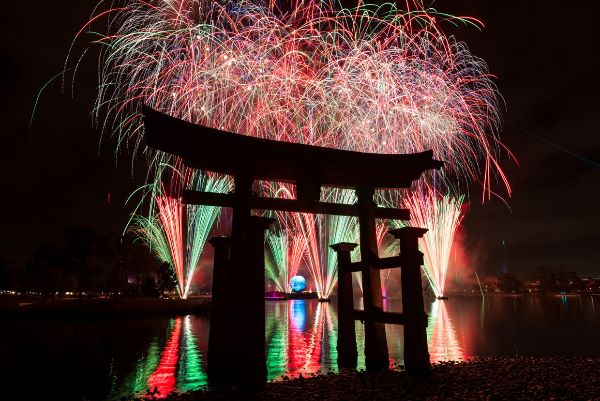
What It Is: Omisoka, a festival that takes place on January 1st, is the Japanese version of the American New Year. In preparation for the new year, people of Japan clean their homes (which they call “osoji”) for good luck. Many attend Shinto shrines, as Omisoka is a holiday of spiritual importance to them. Since it’s considered unlucky to eat for three days after the new year, most stores in the country are closed and everyone sits down to have one large meal with friends and family on New Year’s Eve. They eat things such as toshikosi soba (noodles) while they watch special editions of T.V. shows and partake in a countdown to midnight. Once it’s midnight, the temples ring their bells, which they believe gets rid of human sin and suffering.
Did You Know? The Japanese eat toshikoshi soba because they believe that eating long noodles will bring longevity!
No Holiday
While many celebrate the above mentioned holidays, there are also students at South Lakes that don’t celebrate a particular holiday during the winter season. Amongst them are Nikita Dev, a Hindu, and Arwa Abdi, a Muslim.
“I don’t celebrate Hanukkah or anything, but that doesn’t mean it’s just plain boring. I do get together with family and friends and do all of the basic stuff, like- put up lights and a tree and wear ‘ugly’ sweaters. It’s all the same, except without following all the religious concepts of going to church and all.”
– Nikita Dev (Freshman)
“During the other holidays, everyone gets breaks, while during the holidays I celebrate, I’m in school and don’t get a break. But, I still time to get to spend with my family and I’m very grateful for that. Hopefully they’ll make a new law so I get to celebrate my holiday with my family and not have to miss school.”
– Arwa Abdi (Freshman)
Helen is News Editor, Editor-In-Chief, founder and manager of the broadcasting department. She is the head manager of the Sentinel's social media. She...








